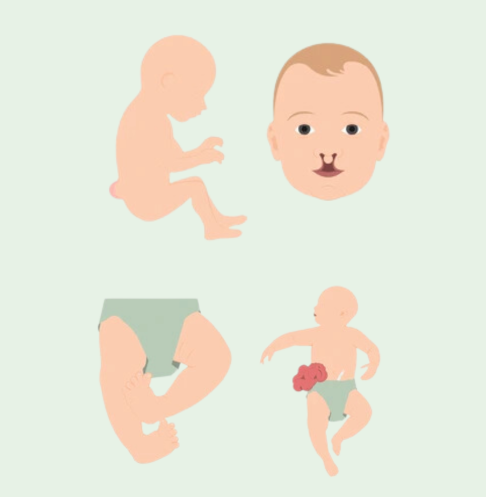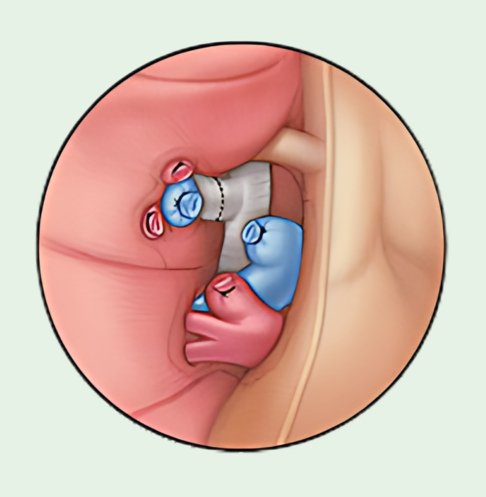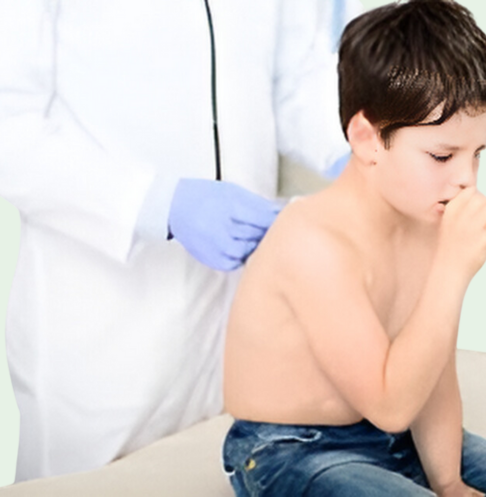Paediatric Thoracic Surgeries

Congenital Defects
Congenital defects are abnormalities present at birth that affect body structure or function, impacting areas such as the heart, brain, or limbs. Causes can be genetic, environmental, or both. Common examples include cleft lip, heart defects, and spina bifida. Diagnosis often occurs through prenatal ultrasound or after birth. Treatment varies by defect and may include surgery or therapy. Early intervention can improve outcomes significantly.

Tumours
Pediatric thoracic surgeries for tumors involve removing tumors in the chest, such as neuroblastoma and lung masses. Symptoms may include respiratory distress and chest pain. Diagnosis typically uses imaging and biopsy. Treatment usually includes surgical resection, often combined with chemotherapy or radiation. Early detection and intervention are vital for better outcomes.

Airway Issues
Airway issues involve problems that obstruct airflow in the respiratory system, caused by infections, inflammation, trauma, or structural abnormalities. Common conditions include asthma, croup, foreign body aspiration, and bronchitis, with symptoms like wheezing, coughing, and difficulty breathing. Diagnosis typically involves physical exams and tests, while treatment depends on the cause and may include medications, oxygen therapy, or surgery. Quick recognition and management are crucial to avoid serious complications.